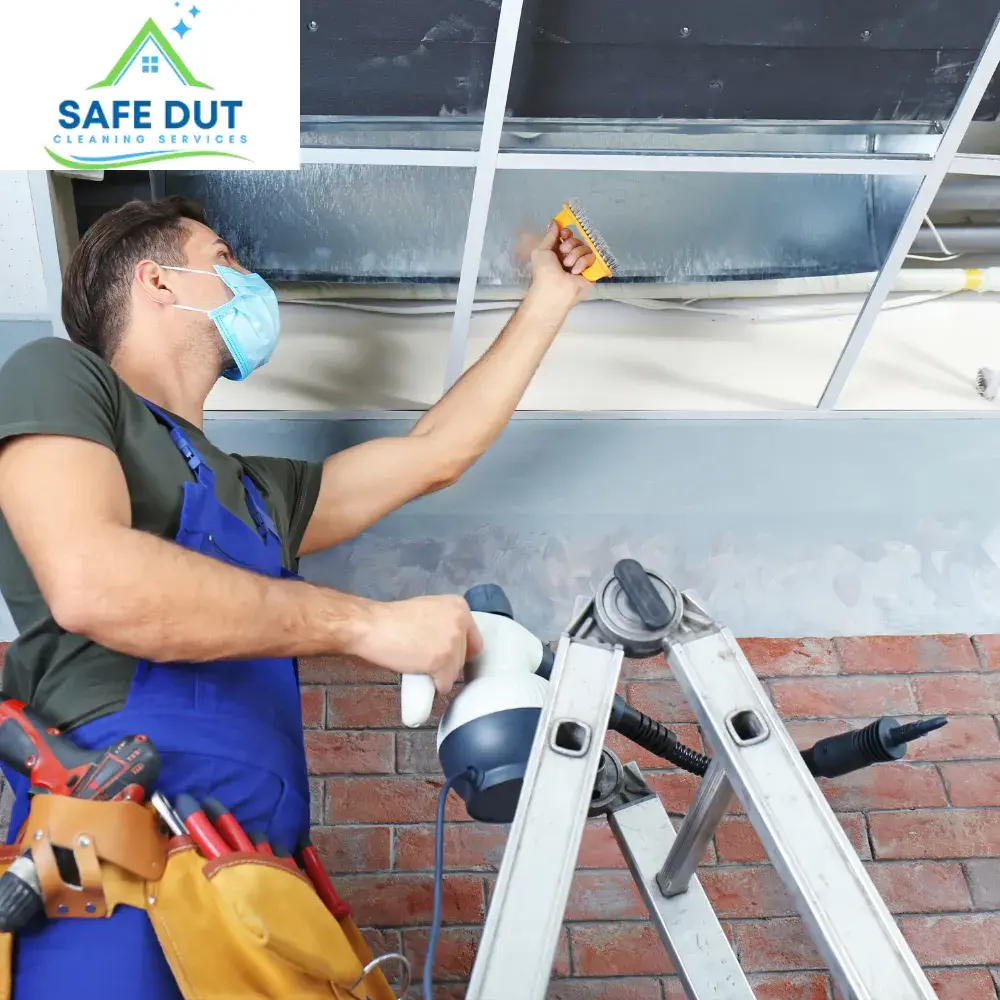Preparing for an HVAC installation requires inspecting several key components of your home to ensure the system works efficiently from day one. Proper planning minimizes issues during and after installation, helping you enjoy a more comfortable and energy-efficient space. Understanding what needs to be addressed beforehand allows you to maximize the performance and lifespan of your HVAC system.
Inspect Your Existing Ductwork
Your home’s ductwork is the backbone of an HVAC system, responsible for circulating air efficiently throughout each room. Before installation begins, check for leaks, blockages, or damage that could restrict airflow. A professional Air Duct Cleaning helps clear out dust, debris, and allergens that build up over time, ensuring your new system can distribute clean, quality air effectively. Addressing these issues upfront prevents strain on your HVAC unit.
Evaluate Your Home’s Insulation
Proper insulation plays a vital role in maintaining your home’s temperature. Poor insulation causes energy loss, forcing your HVAC system to work harder and increasing utility bills. Before installing a new unit, have your attic, walls, and windows inspected for gaps or weak points. Enhancing insulation ensures consistent heating and cooling performance while maximizing energy efficiency.
Check for Proper Ventilation
Good ventilation is essential for indoor air quality and HVAC efficiency. Blocked vents or improper airflow pathways can hinder the system’s performance. Ensuring unobstructed airflow throughout your home makes a significant difference in how efficiently your system operates. Scheduling an Air Duct Cleaning not only improves ventilation but also eliminates pollutants that compromise indoor air quality.
Assess Your Electrical System
Installing an HVAC system often involves significant electrical demands. It’s crucial to verify that your home’s electrical panel and wiring can support the new system’s requirements. An overloaded circuit can lead to safety hazards or inefficient system operation. Working with a certified technician ensures all electrical components meet current safety standards and can handle the new installation seamlessly.
By inspecting your ductwork, insulation, ventilation, and electrical system before HVAC installation begins, you create the foundation for a smooth and successful process. These steps not only enhance system performance but also promote energy efficiency, comfort, and improved indoor air quality for years to come.
Learn More
What You Need to Know Before Installing an HVAC System in Your Home

